These products were banned on 1 September 2024.
Excess stock of banned products cannot be supplied.
Plastic barrier bags
Plastic bags without handles (known as either a 'produce bag' or 'barrier bag'), used to contain and protect unpackaged produce, nuts and confectionery were banned. Learn more.
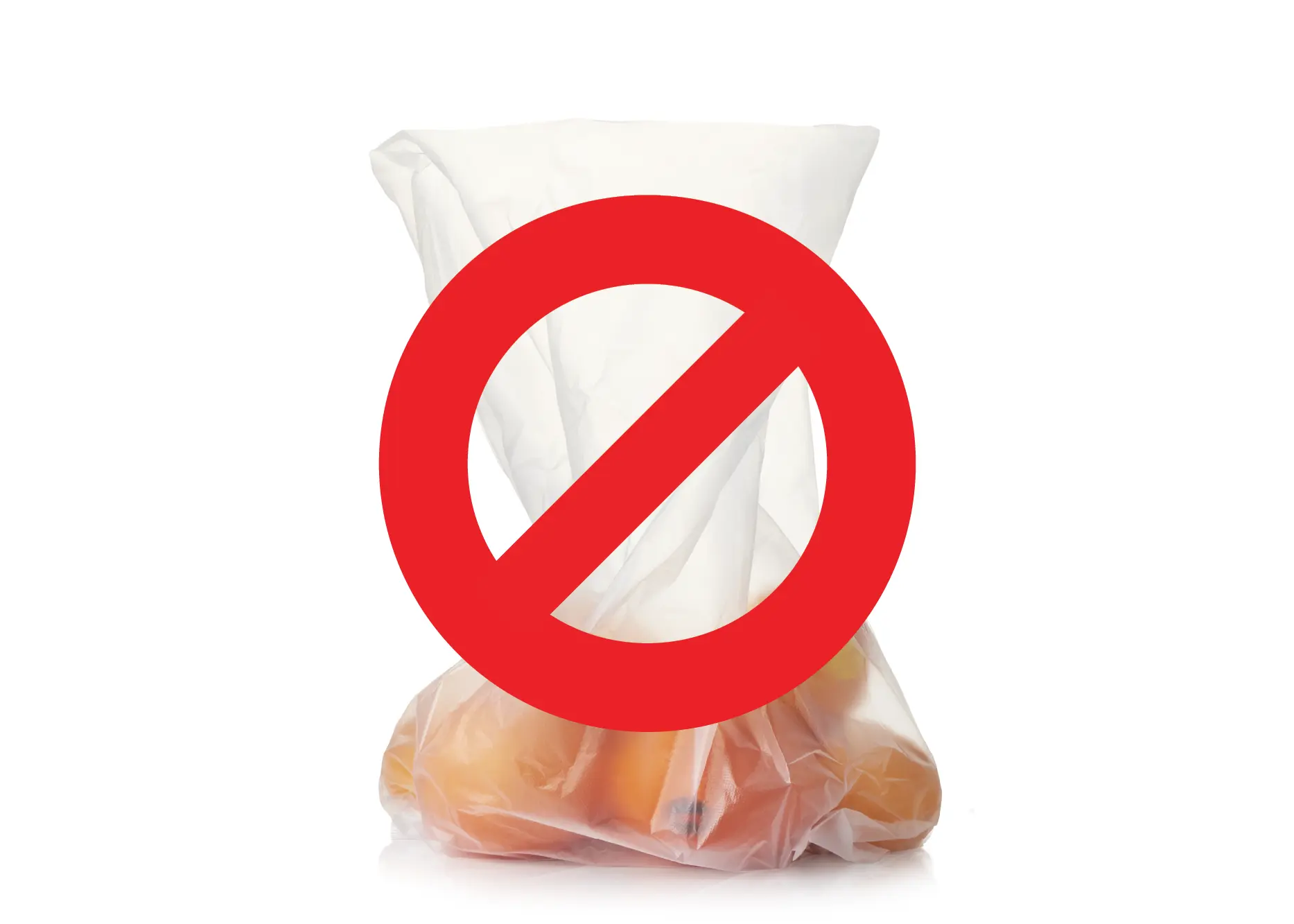
Thick supermarket or boutique-style plastic bags
Heavyweight film plastic shopping bags, plastic-laminated paper shopping bags and plastic-laminated cardboard shopping bags were banned, with some temporary exemptions. Learn more.
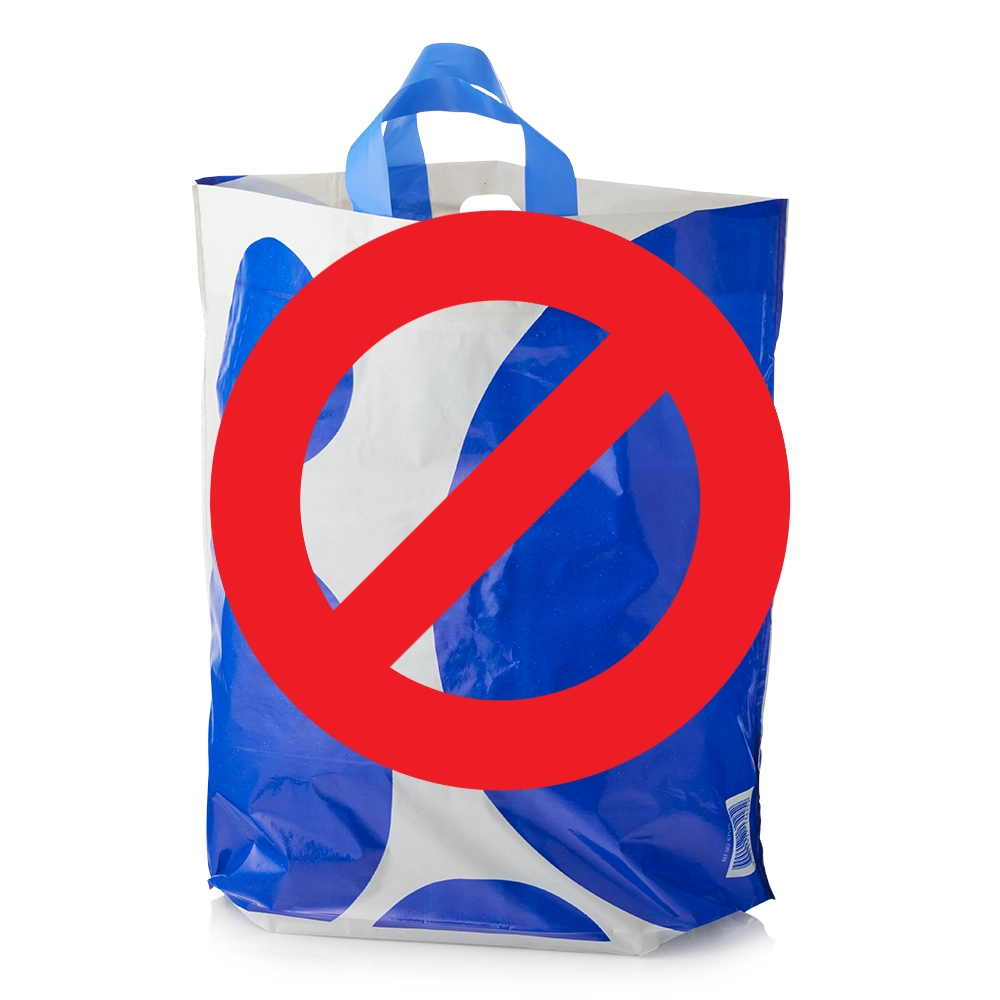
Expanded polystyrene (EPS) consumer food and beverage containers
Expanded polystyrene cups, bowls, plates and clamshell containers were prohibited from sale, supply and distribution in South Australia on 1 March 2022. Other expanded polystyrene (EPS) consumer food and beverage containers in the market (including cake boxes and meat and fruit trays) were banned from 1 September 2024. Learn more.
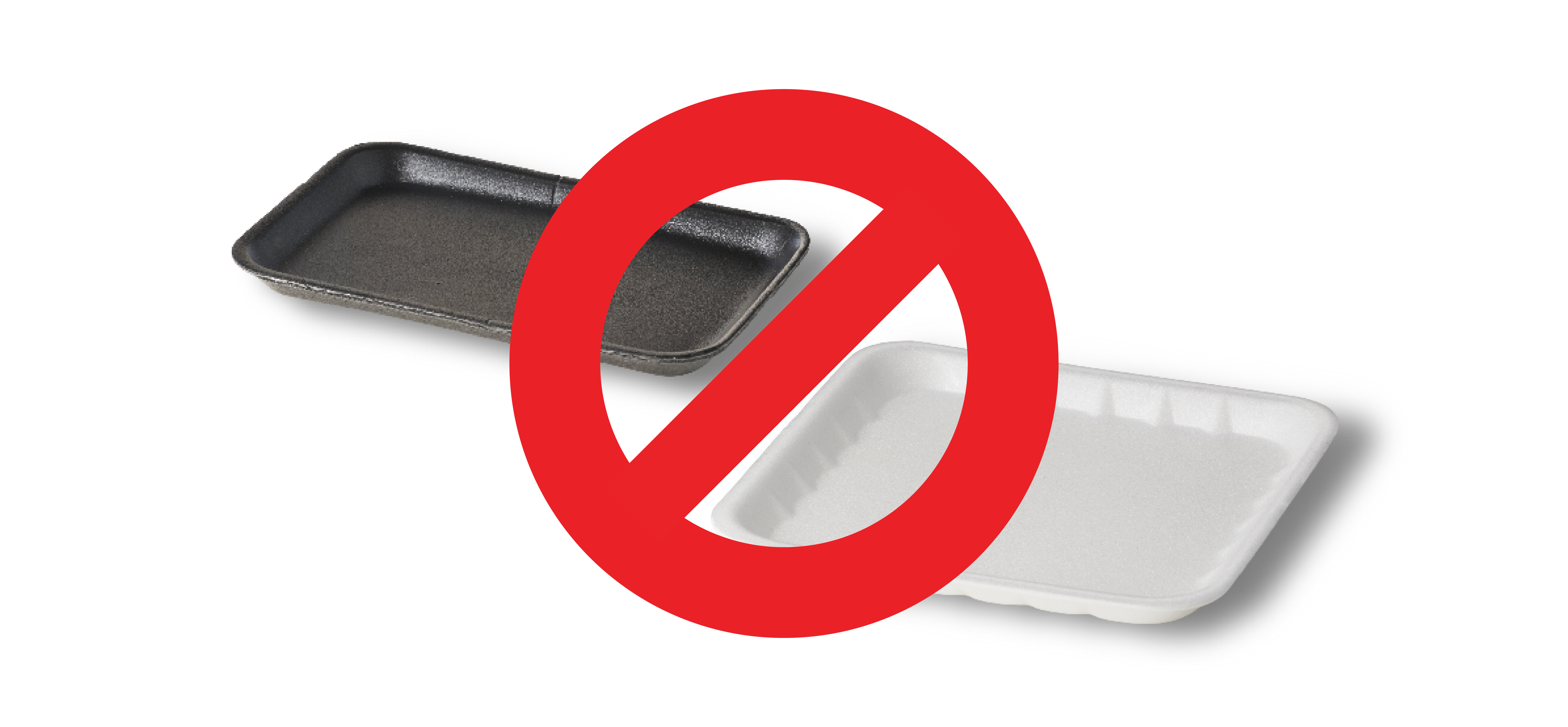
Plastic confetti and plastic balloon sticks/ties
Plastic confetti designed or intended to be used for scattering, throwing, decorating or being released at celebrations/events, such as wedding ceremonies, parades, concerts, sporting events and parties were banned, along with plastic balloon sticks and plastic balloon ties (including those sold in kits). Learn more.
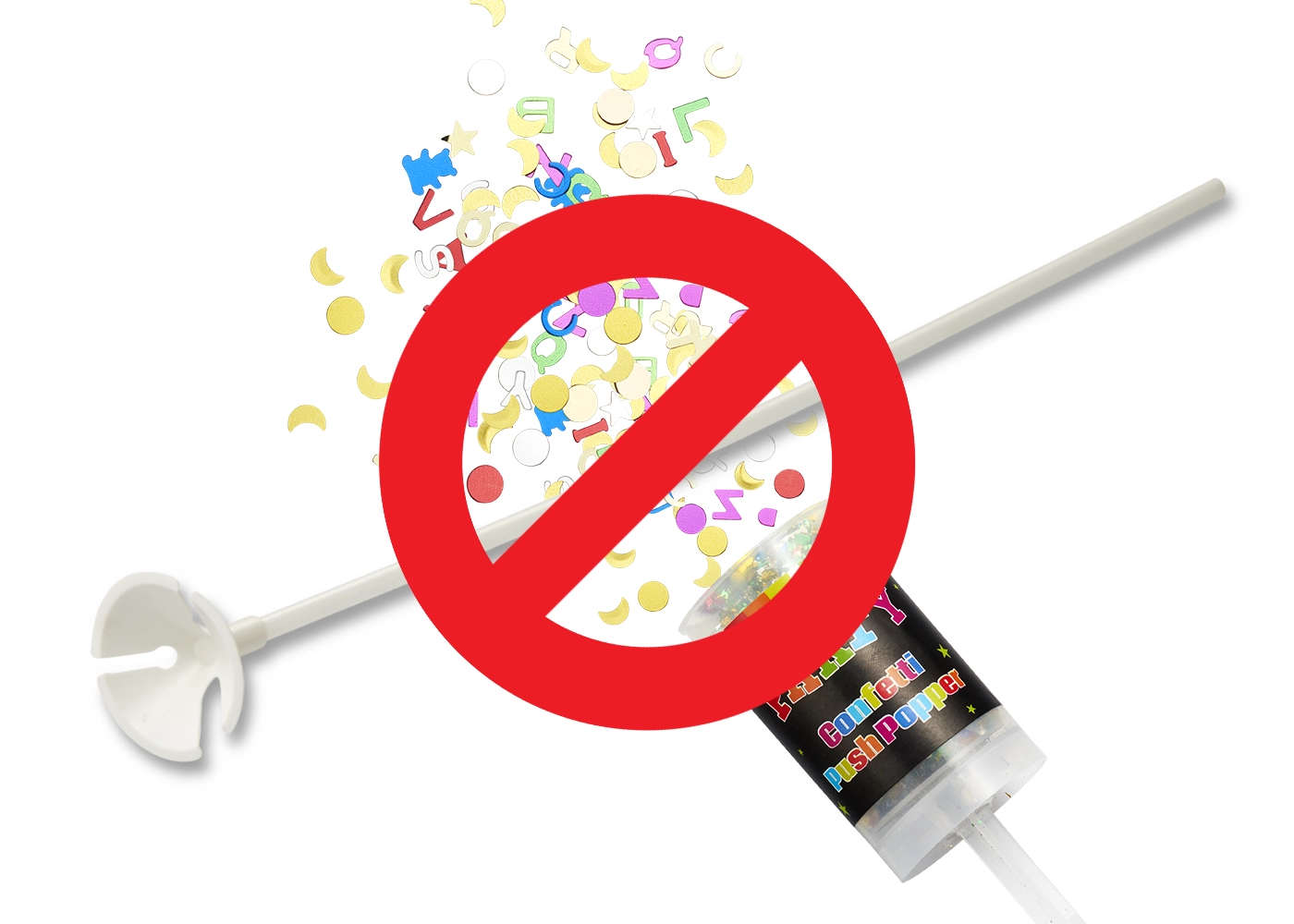
Plastic food bag tags
Single-use tags, designed or intended to hold food product bags closed, including (but not limited to) bread bags, produce bags and rice cakes were banned, with a temporary exemption until 31 August 2029 for plastic food bag tags used to hold closed a bag of potatoes or carrots weighing 2kg or more. Learn more.
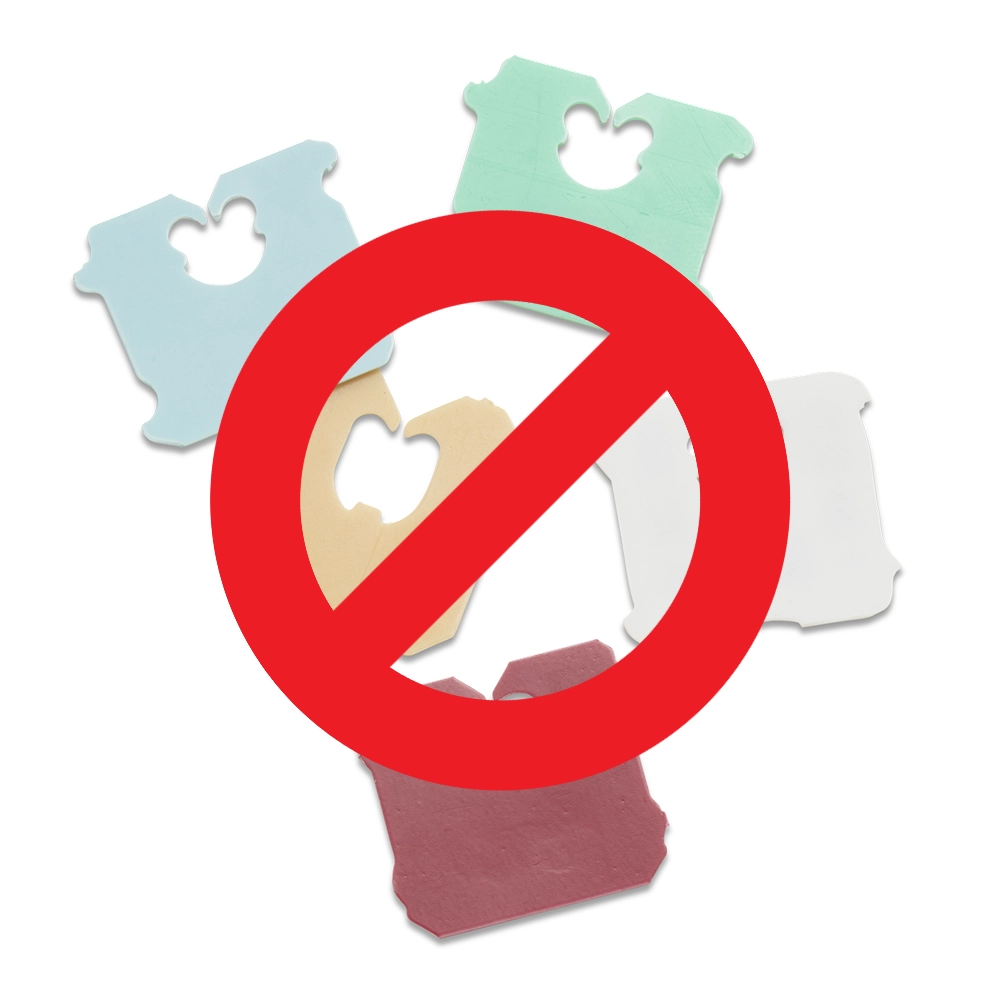
Single-use plastic beverage containers (including coffee cups)
Single-use plastic beverage containers (including coffee cups) offer convenience for consumers, but these items and their attachments (such as lids and beverage plugs) have limited recovery and recycling pathways, creating confusion for consumers. These items were banned, with some temporary exemptions. Learn more.
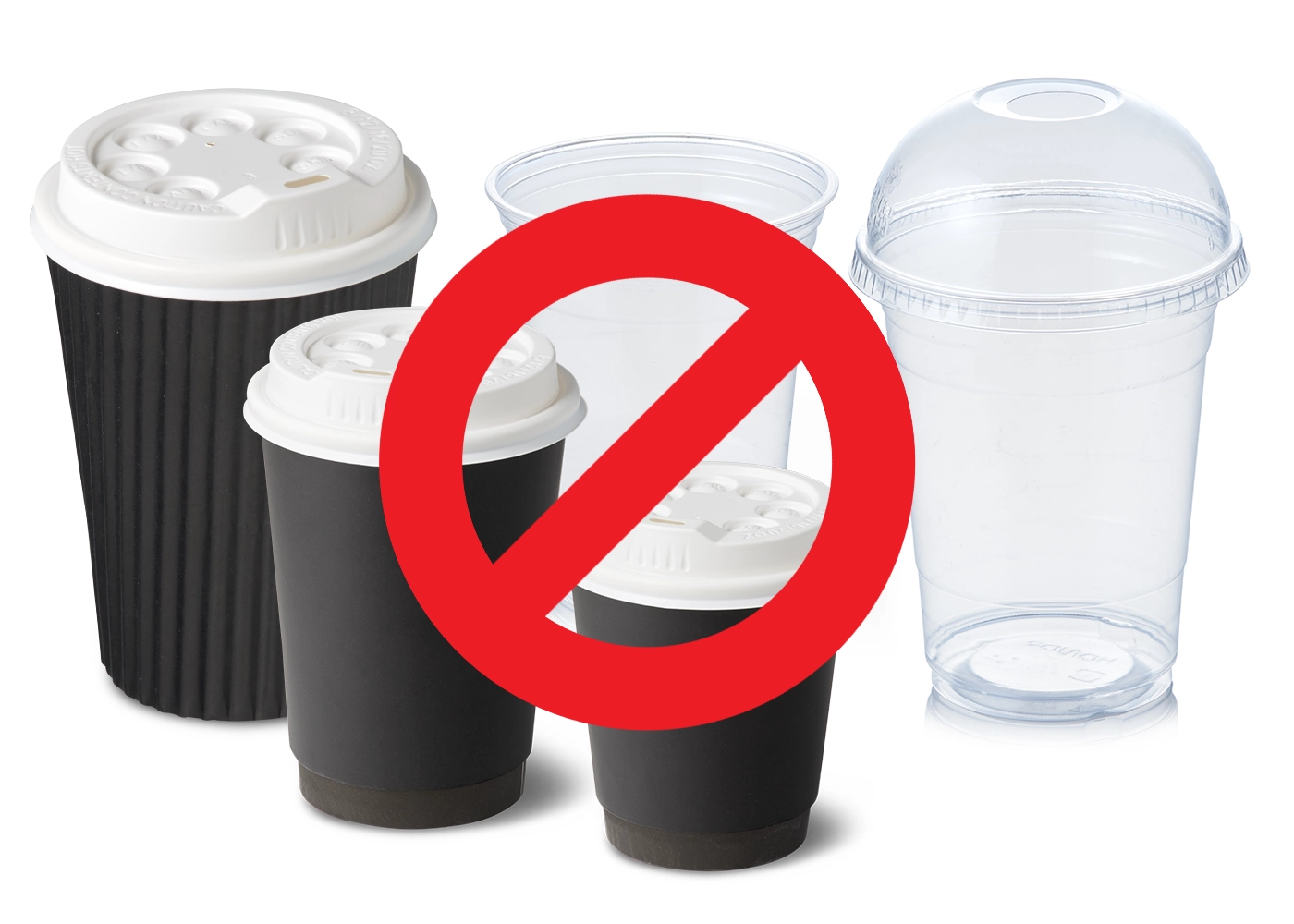
Single-use plastic food containers
Plastic food containers, including plastic-lined or aqueous coated containers, used for takeaway food prepared for sale and consumption on the same day, for example takeaway food containers, single-use plastic bowls with plastic lids, single-use plastic trays with plastic lids, and single-use plastic cups with plastic lids used for food were banned, with some temporary exemptions. Learn more.
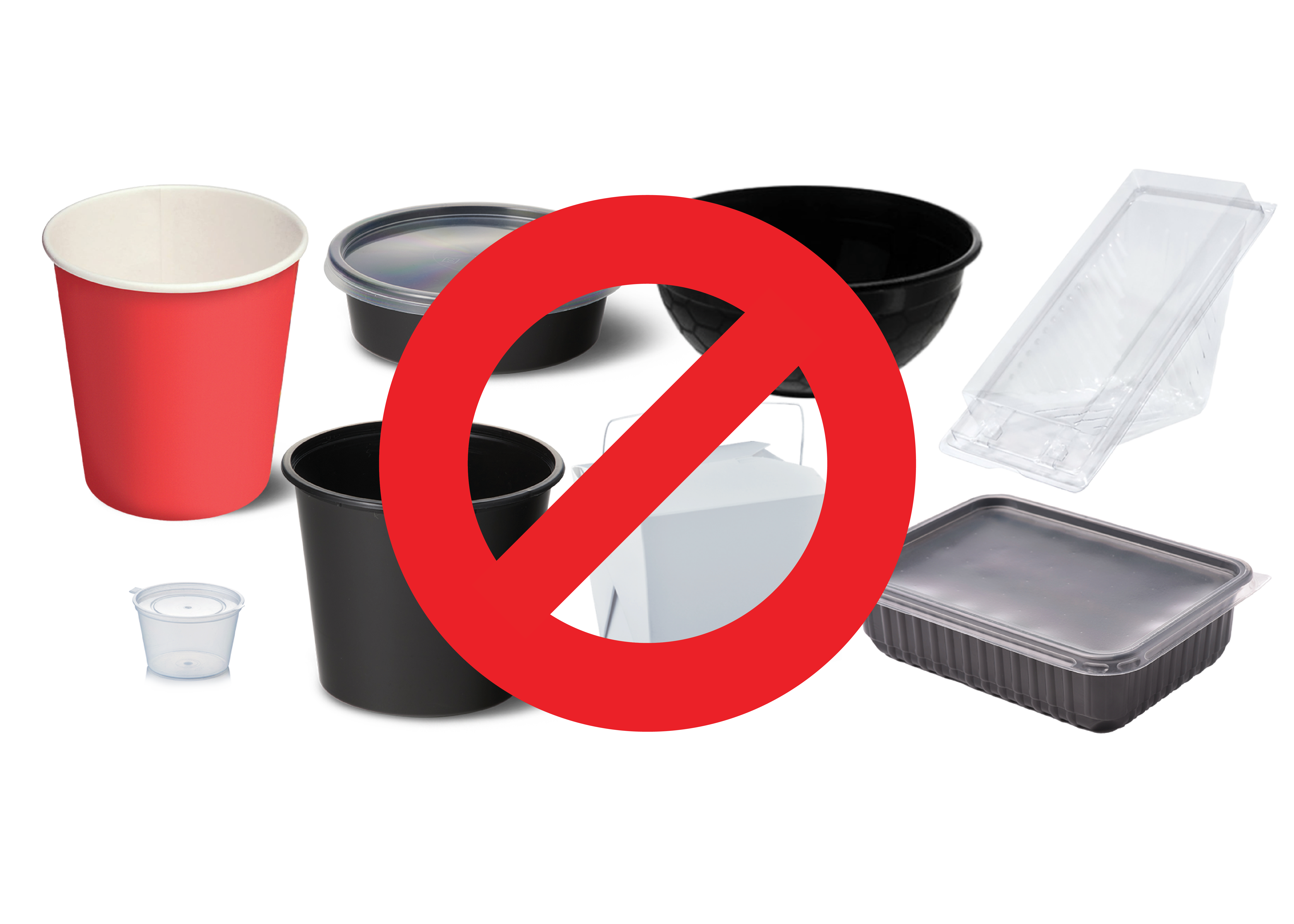
ALTERNATIVES
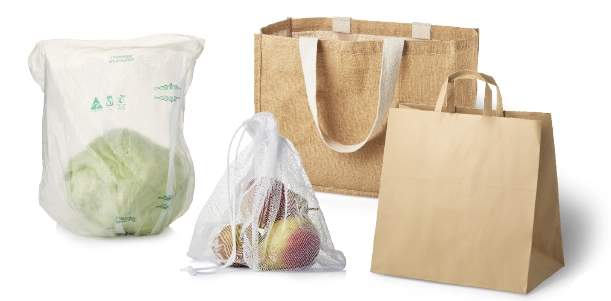 .
.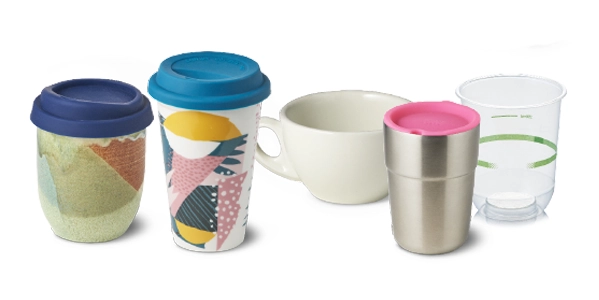
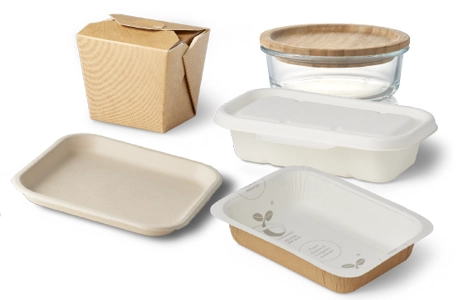
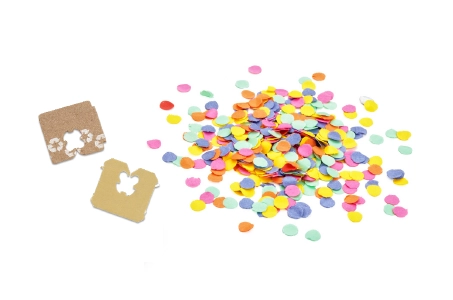
Follow the link for information on reusable and compostable alternative.

